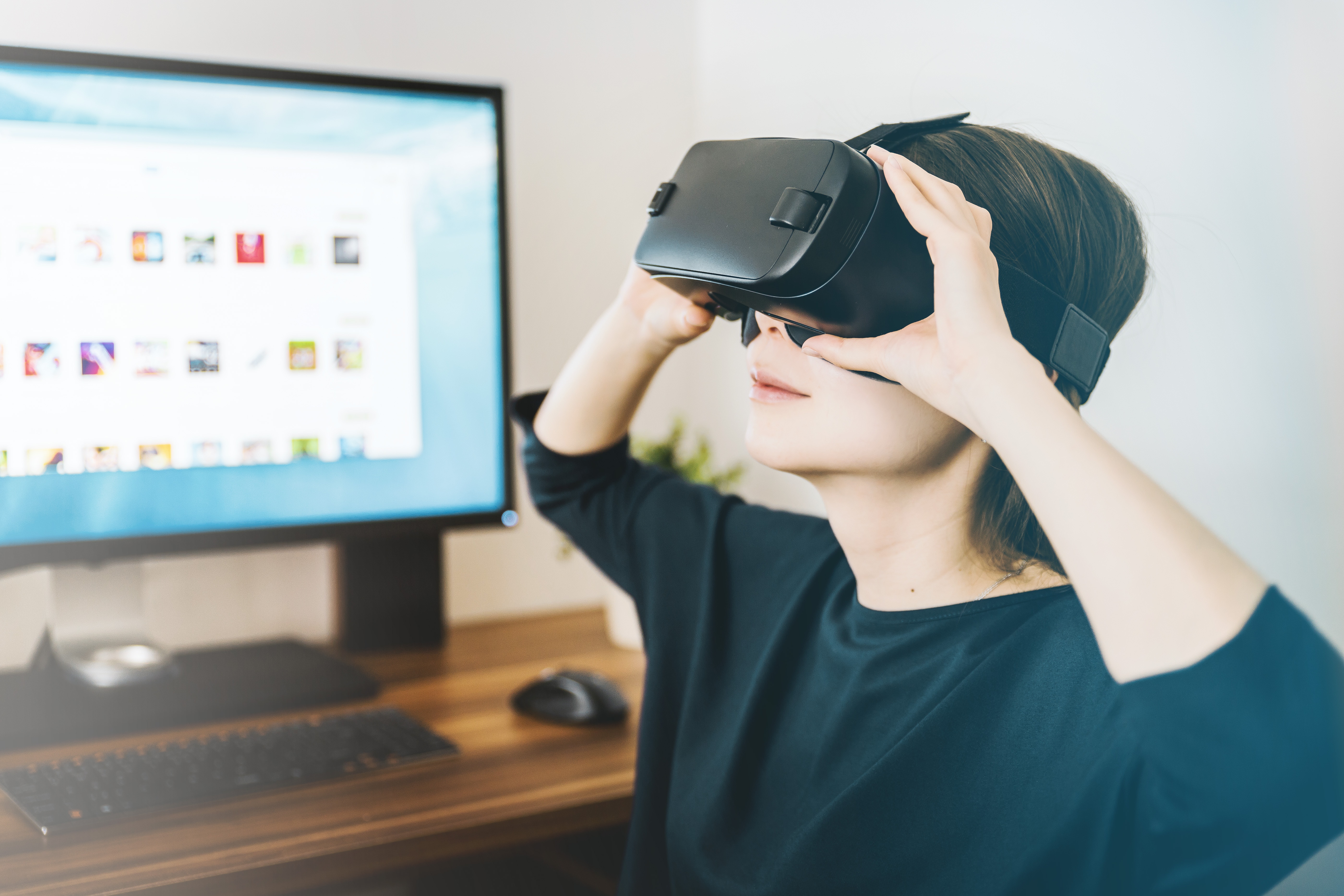People living with dementia, Alzheimer’s, or other cognitive impairments face a wide range of challenges. Communication can be severely limited, making it difficult for family members and caregivers to understand the individual’s needs. Often, mobility is also impacted, which can result in isolation or injury.
Thankfully, continued investment in technology has addressed some of the greatest hurdles that many elderly patients are beginning to face. Not only does this improve their quality of life, but it can also provide assistance to caregivers and peace of mind to loved ones.
As the Boomer generation continues to age and seek assistance, many caregivers and rehab facilities are starting to look for technology that can help meet these needs. Here are some of the most exciting new products that are improving the lives and skills of individuals with impaired cognitive conditions.
InTouch Prototype: Enabling Engagement
This computer system is incredibly intuitive. No background knowledge is needed, and it can easily be used by those suffering short term memory loss. The idea is to connect patients by voice or video with others to help reduce social isolation, stimulate cognitive function, and provide assistance as needed.
Alzheimer Master: Setting Familiar Reminders
The idea behind this app is very simple. Caregivers or loved ones can record personalized messages, like a reminder to take their pills or letting them know where they are when they wake up in the morning. Hearing a familiar voice can be extremely comforting. The app can also record the user’s reaction to the reminder, providing confirmation and reassurance to the caregiver.
CareLux Lighting System: Regulating Mood and Sleep
Many who suffer from dementia can become easily agitated when they feel confused or anxious. This lighting system stimulates the circadian rhythm, which can help regulate things like blood pressure and hormone levels. It also helps normalize the sleep-wake cycle, which is often disrupted for people with this condition. The system has been proven to improve both physical and psychological wellbeing.
The Rendever System: Staying Connected with Virtual Reality
One of the biggest challenges people with cognitive impairments face is limited mobility. This can lead to feelings of isolation and depression. This virtual system helps users continue to have new experiences. They can even “visit” a VR event or location as a group. Not only does this promote personal connections, but it also helps engage different areas of the brain.
The Future of Rehabilitation
Every three seconds, someone in the world develops dementia. As more and more people require specialized care, facilities and rehabilitation programs will also require assistance. These systems are just a few of the ways that technology is addressing the hurdles that many elderly patients are beginning to face. There are many more advancements on the horizon.
Photo by JESHOOTS.COM on Unsplash

